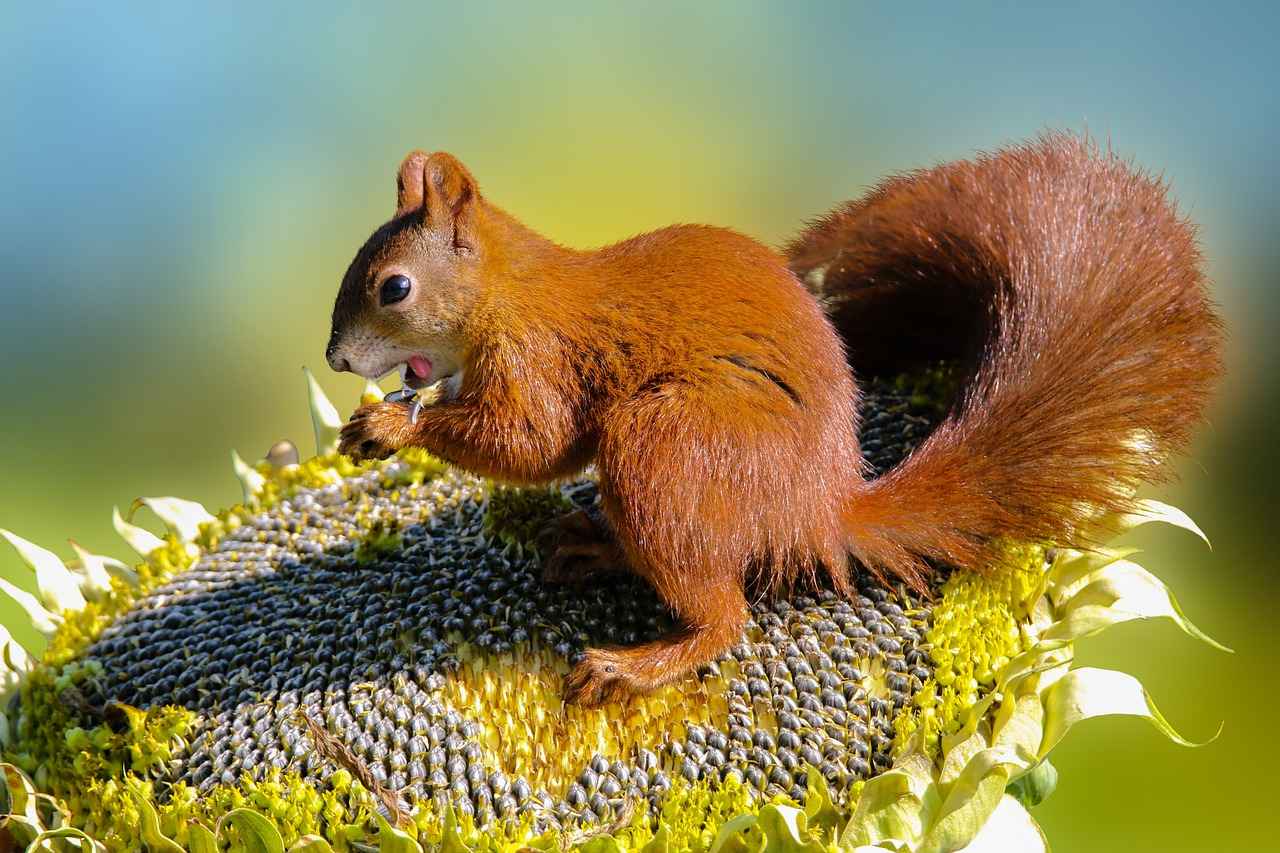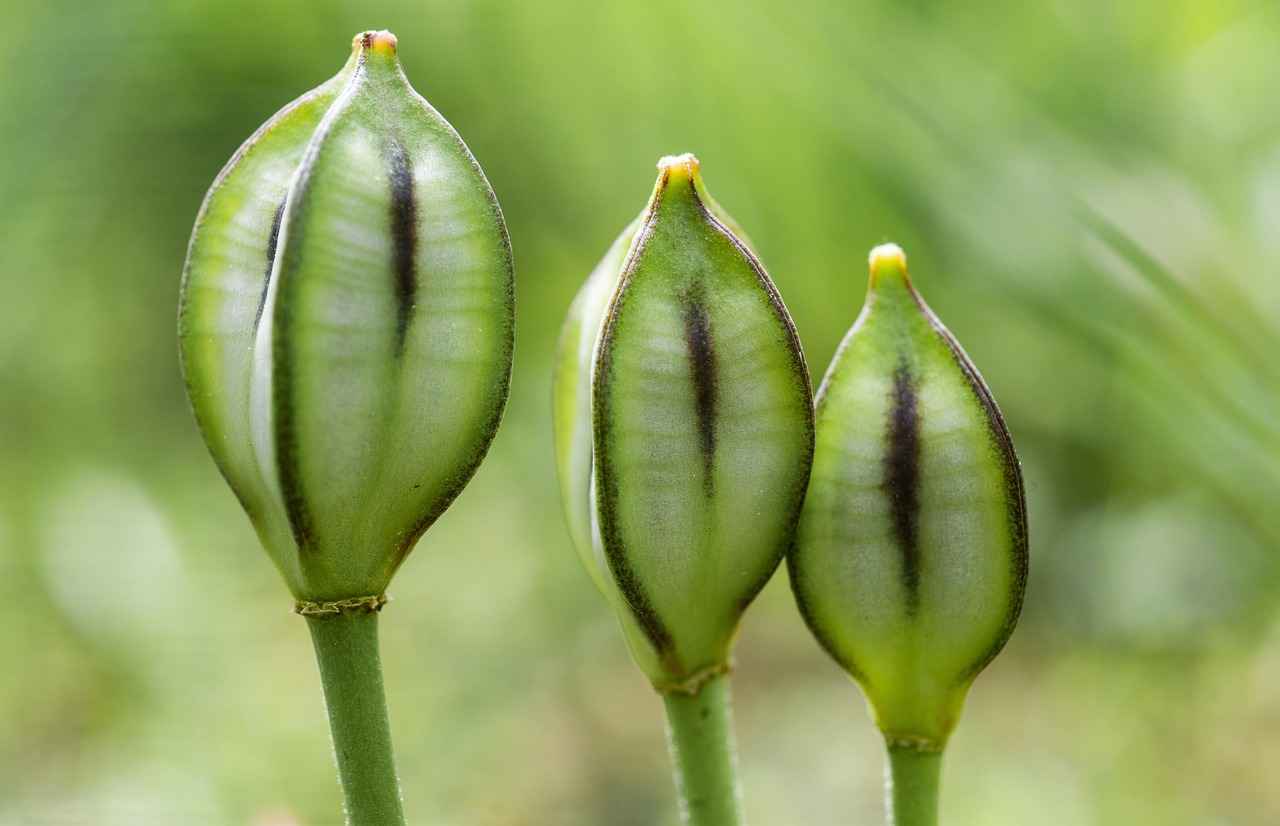Chia seeds and oats are two of the most popular superfoods available today. Their incredible health benefits and versatility in cooking make them a perfect duo for anyone looking to enhance their diet. This article will explore the nutritional profiles of these ingredients, their health advantages, and creative ways to incorporate them into your meals.
Chia seeds are tiny, black seeds derived from the Salvia hispanica plant, native to Mexico and Guatemala. They are packed with omega-3 fatty acids, dietary fiber, protein, and various essential minerals. Known for their ability to absorb liquid and form a gel-like consistency, chia seeds are often used in various recipes, from smoothies to puddings.
Oats, scientifically known as Avena sativa, are whole grains that are rich in nutrients. They are an excellent source of soluble fiber, particularly beta-glucan, which is known for its heart health benefits. Oats are also loaded with vitamins, minerals, and antioxidants, making them a staple in many healthy diets.
Combining chia seeds and oats creates a nutritional powerhouse. This blend not only enhances the overall nutritional profile of your meals but also provides a balanced mix of protein, fiber, and healthy fats. Together, they help promote sustained energy levels and keep you feeling full longer.
- Digestive Health: The high fiber content in chia seeds aids in digestion and helps maintain a healthy gut.
- Heart Health: Omega-3 fatty acids in chia seeds contribute to lower cholesterol levels and improved cardiovascular health.
- Weight Management: Their ability to absorb water and expand in your stomach can promote feelings of fullness, aiding in weight control.
- Cholesterol Control: Oats are known to lower LDL cholesterol levels, which can reduce the risk of heart disease.
- Blood Sugar Regulation: The soluble fiber in oats helps stabilize blood sugar levels, making them suitable for diabetics.
- Rich in Antioxidants: Oats contain antioxidants that combat oxidative stress and inflammation in the body.
Incorporating chia seeds and oats into your meals is both easy and delicious. Here are some practical ideas:
- Overnight Oats: Combine rolled oats, chia seeds, milk, and your favorite fruits in a jar and let it sit overnight for a quick breakfast.
- Smoothies: Blend chia seeds and oats into your smoothies for added nutrition and creaminess.
- Baked Goods: Add chia seeds and oats to muffins, cookies, or energy bars for a healthy twist.
While chia seeds are generally safe, they can cause digestive issues if consumed in excess. It is advisable to increase your intake gradually and drink plenty of fluids to avoid discomfort.
Oats are typically well-tolerated, but some individuals may experience gluten sensitivity or allergies. For those with celiac disease, it is essential to choose gluten-free oats.
Chia seed and oat pudding is a nutritious and satisfying breakfast option. To prepare it, mix chia seeds, oats, and your choice of milk or yogurt. Let it sit in the refrigerator for a few hours or overnight to achieve the desired consistency.
There are numerous recipes that highlight the combination of chia seeds and oats. From smoothies and energy bars to breakfast bowls, these ingredients can be creatively used to make delicious and nutritious meals.

What Are Chia Seeds?
Chia seeds are incredibly small, yet they pack a significant nutritional punch. Sourced from the Salvia hispanica plant, these seeds have been consumed for centuries, particularly by ancient civilizations such as the Aztecs and Mayans. They are celebrated for their remarkable health benefits and adaptability in various culinary applications.
One of the standout features of chia seeds is their high content of omega-3 fatty acids, which are essential for heart health. These healthy fats play a crucial role in reducing inflammation and supporting brain function. Additionally, chia seeds are an excellent source of dietary fiber. Just a single ounce of chia seeds contains approximately 11 grams of fiber, which is about one-third of the recommended daily intake for adults. This fiber content is instrumental in promoting digestive health, aiding in regular bowel movements, and enhancing feelings of fullness, which can assist in weight management.
Furthermore, chia seeds are rich in antioxidants, which help combat oxidative stress and protect the body from free radicals. This property makes them a great addition to a balanced diet aimed at reducing the risk of chronic diseases. Chia seeds are also a source of essential minerals such as calcium, magnesium, and phosphorus, all of which are vital for maintaining strong bones and overall health.
Another appealing aspect of chia seeds is their versatility. They can be easily incorporated into a variety of dishes. Whether you add them to smoothies, sprinkle them on salads, or mix them into baked goods, chia seeds can enhance both the nutritional value and texture of your meals. Their ability to absorb water and form a gel-like consistency allows them to be used as a natural thickening agent in recipes, making them a popular choice for vegan and gluten-free diets.
In addition to their nutritional benefits, chia seeds are also incredibly easy to prepare. They require no special cooking techniques and can be consumed raw. When soaked in liquid, they expand and develop a unique texture, making them perfect for creating dishes like chia pudding or adding to overnight oats.
Overall, chia seeds are a powerhouse of nutrients that can contribute to a healthy lifestyle. Their combination of healthy fats, fiber, and antioxidants makes them an excellent choice for anyone looking to enhance their diet. With their growing popularity, chia seeds are now widely available in grocery stores and health food shops, making it easier than ever to incorporate them into your daily meals.
As you explore the world of chia seeds, remember to start with small amounts, especially if you are new to them. Gradually increasing your intake can help your digestive system adjust and maximize the benefits of this incredible superfood.

What Are Oats?
Oats are a type of whole grain that have gained recognition for their nutritional value and various health benefits. These versatile grains are not only a staple in many diets around the world but also serve as an excellent source of essential nutrients. Packed with fiber, vitamins, and minerals, oats are a fantastic addition to any meal plan.
Oats are rich in several important nutrients, making them a valuable food choice. Here are some key components:
- Dietary Fiber: Oats contain both soluble and insoluble fiber, which aids in digestion and helps maintain a healthy weight.
- Vitamins: They are a good source of B vitamins, particularly thiamine, which is essential for energy metabolism.
- Minerals: Oats provide important minerals such as iron, magnesium, and zinc, which support various bodily functions.
- Antioxidants: Oats are rich in antioxidants, particularly avenanthramides, which can help reduce inflammation.
Incorporating oats into your diet can lead to numerous health benefits:
- Heart Health: The soluble fiber in oats can help lower cholesterol levels, reducing the risk of heart disease.
- Weight Management: Oats can promote feelings of fullness, which may help control appetite and aid in weight loss.
- Blood Sugar Control: The fiber content helps regulate blood sugar levels, making oats a suitable option for those with diabetes.
- Digestive Health: The high fiber content supports regular bowel movements and overall gut health.
Adding oats to your meals is both simple and versatile. Here are some popular ways to enjoy oats:
- Overnight Oats: Combine oats with milk or yogurt and let them soak overnight for a quick breakfast.
- Oatmeal: Cook oats with water or milk for a warm, comforting bowl of oatmeal, topped with fruits or nuts.
- Baking: Use oats in baking recipes, such as cookies or muffins, to enhance their nutritional profile.
- Smoothies: Blend oats into your smoothies for added texture and nutrition.
While oats are generally safe for most people, some may experience adverse effects:
- Gluten Sensitivity: Individuals with celiac disease or gluten intolerance should opt for certified gluten-free oats.
- Allergic Reactions: Although rare, some people may have an allergy to oats, leading to digestive discomfort.
There are countless recipes that highlight the versatility of oats. Here are a few ideas:
- Oatmeal Cookies: A healthy twist on a classic treat, made with oats, nuts, and dried fruits.
- Oat Pancakes: Substitute flour with oats for a nutritious breakfast option.
- Granola Bars: Homemade granola bars with oats, honey, and your favorite mix-ins for a quick snack.
In summary, oats are a powerhouse of nutrients that offer numerous health benefits. By incorporating them into your daily diet, you can enjoy their rich flavor and boost your overall health.
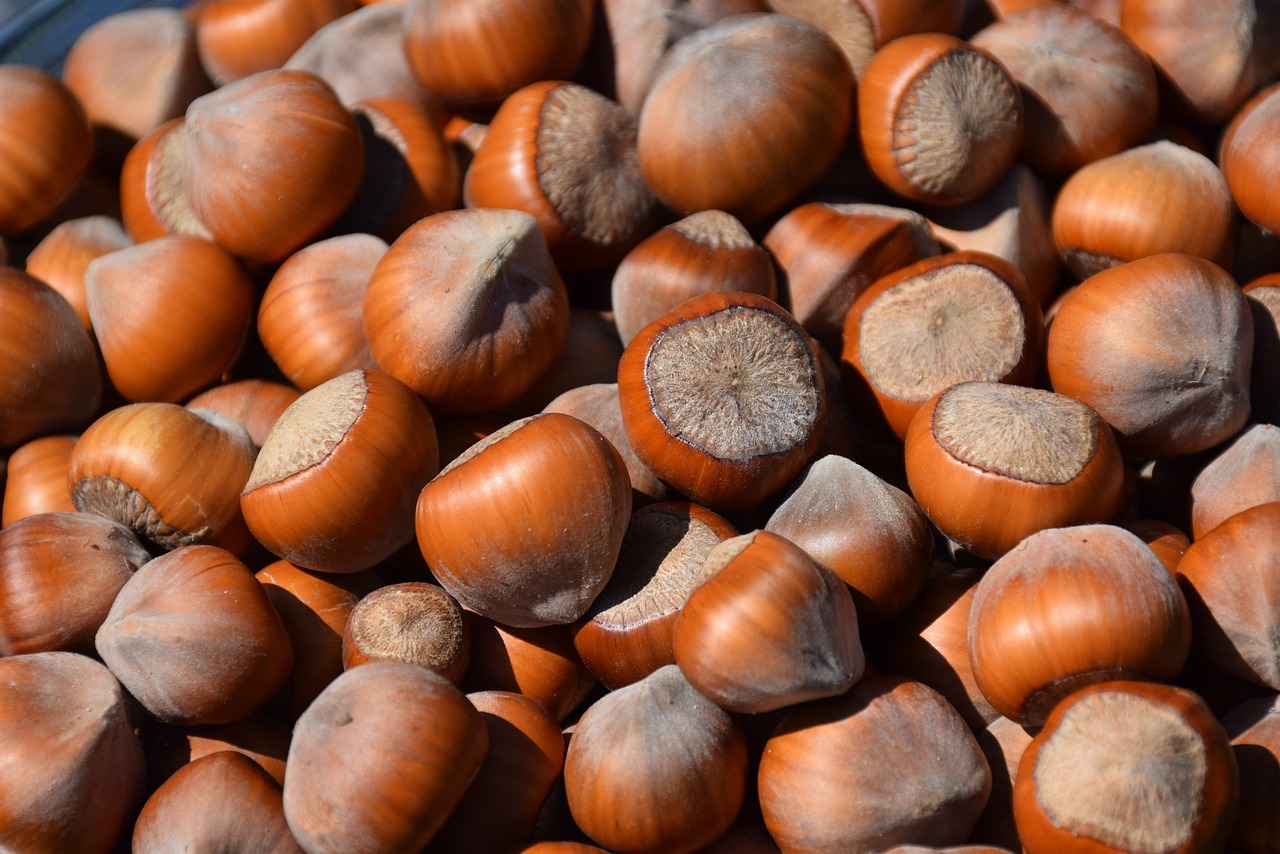
Why Combine Chia Seeds and Oats?
Combining chia seeds and oats creates a nutrient powerhouse that significantly enhances the quality of your meals. This blend not only improves the taste but also provides a balanced mix of essential nutrients, making it a smart choice for anyone looking to optimize their health.
What Nutrients Do Chia Seeds and Oats Provide?
- Chia Seeds: These tiny seeds are a rich source of omega-3 fatty acids, which are essential for heart health. They also contain high levels of dietary fiber, which aids in digestion and promotes a feeling of fullness.
- Oats: Oats are packed with soluble fiber, particularly beta-glucan, which helps lower cholesterol levels and stabilize blood sugar. They are also a good source of vitamins and minerals, including magnesium, iron, and B vitamins.
How Does This Combination Benefit Your Health?
The synergistic effect of combining chia seeds and oats can lead to numerous health benefits:
- Improved Digestive Health: The high fiber content in both ingredients promotes regular bowel movements and a healthy gut microbiome.
- Heart Health: Omega-3 fatty acids from chia seeds and the cholesterol-lowering properties of oats work together to support cardiovascular health.
- Weight Management: The combination of protein, fiber, and healthy fats helps regulate appetite, making it easier to manage weight effectively.
How Can You Easily Incorporate This Power Duo into Your Diet?
Incorporating chia seeds and oats into your daily meals is both simple and versatile. Here are some practical ideas:
- Overnight Oats: Combine rolled oats, chia seeds, and your choice of milk or yogurt. Let it sit overnight for a quick and nutritious breakfast.
- Smoothies: Add a tablespoon of chia seeds and a handful of oats to your favorite smoothie for an extra nutrient boost.
- Baked Goods: Incorporate these ingredients into muffins, pancakes, or energy bars for added texture and nutrition.
Are There Any Considerations When Consuming Chia Seeds and Oats?
While chia seeds and oats are generally safe for most individuals, it’s important to consume them in moderation. For chia seeds, be sure to drink plenty of water as they can absorb liquid and expand. As for oats, choose gluten-free options if you have celiac disease or gluten intolerance.
Conclusion
In summary, the combination of chia seeds and oats is not just a trend; it’s a powerful nutritional strategy that can enhance your overall health. With their rich nutrient profiles and numerous health benefits, these superfoods can easily be integrated into a variety of meals, making them a staple in any health-conscious diet.

What Are the Health Benefits of Chia Seeds?
Chia seeds have emerged as a popular superfood, celebrated for their extensive health benefits. These tiny seeds, derived from the Salvia hispanica plant, are not only versatile but also packed with essential nutrients. In this section, we will explore the myriad health benefits of chia seeds, focusing on their impact on digestive health, heart health, and weight management.
One of the standout features of chia seeds is their remarkably high fiber content. Each ounce of chia seeds contains about 11 grams of fiber, which is crucial for maintaining a healthy digestive system. The soluble fiber in chia seeds absorbs water and forms a gel-like substance in the stomach, which can help:
- Promote Regularity: This gel-like texture helps to bulk up stool, making it easier to pass and reducing the risk of constipation.
- Regulate Blood Sugar Levels: By slowing down the absorption of sugar in the bloodstream, chia seeds can help prevent spikes in blood sugar, making them an excellent choice for those managing diabetes.
- Enhance Satiety: The fiber content also promotes a feeling of fullness, which can help control appetite and reduce overall calorie intake.
Chia seeds are rich in omega-3 fatty acids, which are essential for maintaining heart health. These healthy fats can help:
- Lower Cholesterol: Regular consumption of chia seeds may contribute to reduced levels of LDL cholesterol, often referred to as “bad” cholesterol.
- Reduce Inflammation: The anti-inflammatory properties of omega-3s can help lower the risk of heart disease by reducing inflammation in the body.
- Improve Blood Pressure: Some studies suggest that chia seeds can help lower blood pressure in individuals with hypertension, contributing to overall cardiovascular health.
Incorporating chia seeds into your diet can be an effective strategy for weight management. Their high fiber and protein content can help:
- Control Hunger: The gel-like substance formed when chia seeds absorb water can help you feel full for longer periods, reducing the likelihood of overeating.
- Boost Metabolism: The protein in chia seeds can help maintain muscle mass while losing weight, which is essential for a healthy metabolism.
- Support Healthy Snacking: Chia seeds can be easily added to various snacks, providing a nutritious boost without excessive calories.
Beyond digestive, heart, and weight management benefits, chia seeds are also a source of essential nutrients such as calcium, magnesium, and antioxidants. These nutrients can contribute to:
- Bone Health: The calcium and magnesium in chia seeds support strong bones and teeth.
- Antioxidant Protection: Antioxidants help combat oxidative stress, potentially reducing the risk of chronic diseases.
In summary, chia seeds are a powerhouse of nutrition that offers numerous health benefits. Their ability to enhance digestive health, support heart function, and assist in weight management makes them a valuable addition to any diet. Incorporating chia seeds into meals can be simple and delicious, ensuring that you reap all their health advantages.
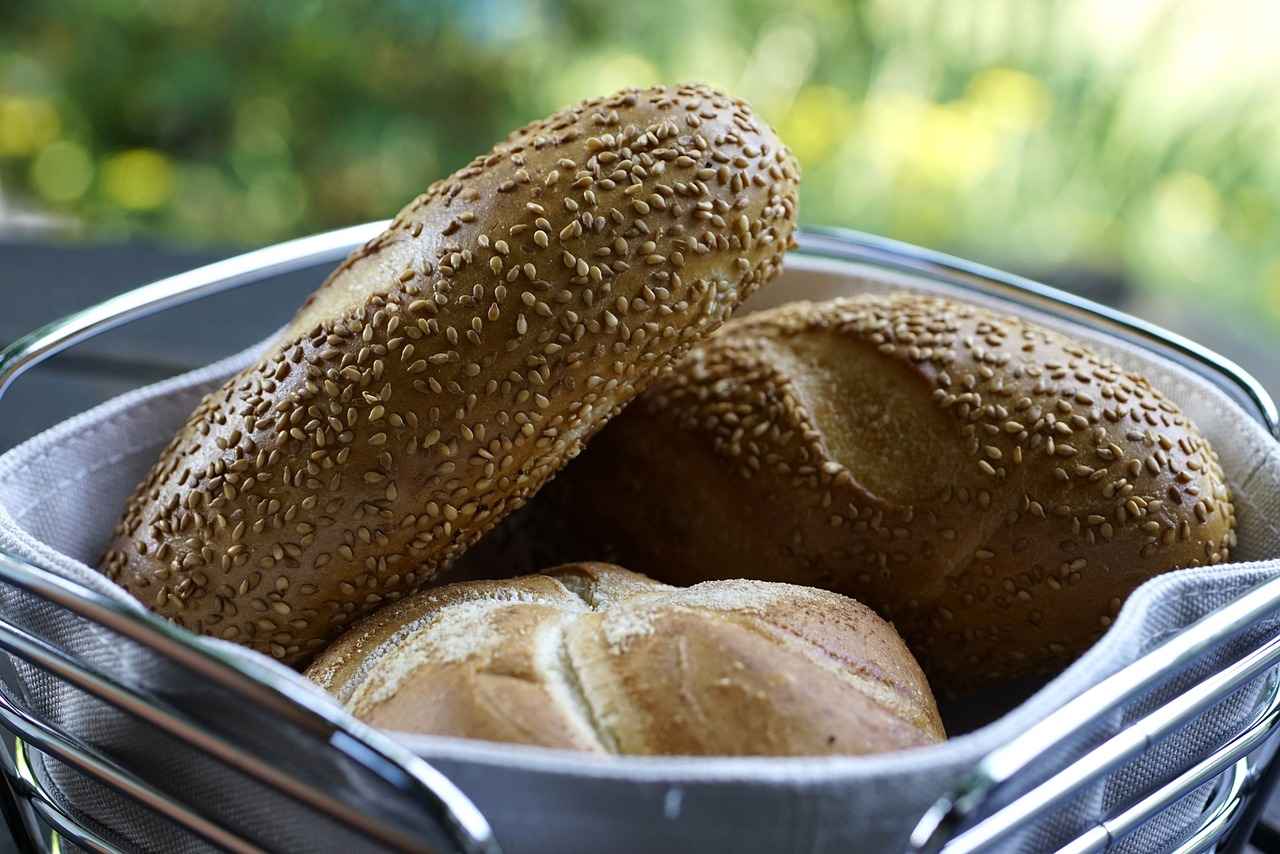
What Are the Health Benefits of Oats?
Oats are a versatile and nutritious whole grain that has been a staple in diets around the world for centuries. Their health benefits are numerous, making them an essential addition to your daily meals. In this section, we will explore the various health advantages of oats, focusing on their ability to promote heart health, lower cholesterol, and provide a wealth of antioxidants.
Oats are renowned for their heart-healthy properties. They contain a unique type of soluble fiber called beta-glucan, which has been shown to help lower cholesterol levels. This fiber works by forming a gel-like substance in the gut that binds to cholesterol and bile acids, facilitating their excretion from the body. As a result, regular consumption of oats can significantly reduce the risk of cardiovascular diseases.
Studies have demonstrated that incorporating oats into your diet can lead to a decrease in total cholesterol and low-density lipoprotein (LDL) cholesterol, often referred to as “bad” cholesterol. The American Heart Association recommends eating at least three grams of soluble fiber daily, which can be easily achieved by consuming a bowl of oatmeal each day. This simple dietary change can have profound effects on your heart health.
Oats are also rich in antioxidants, such as avenanthramides, which help combat oxidative stress and inflammation in the body. These antioxidants play a crucial role in protecting cells from damage caused by free radicals, which can lead to chronic diseases. By including oats in your diet, you are not only nourishing your body but also enhancing its ability to fight off harmful agents.
Another significant benefit of oats is their ability to aid in weight management. The high fiber content in oats promotes a feeling of fullness, reducing overall calorie intake. This satiety effect can help individuals maintain a healthy weight or lose weight when combined with a balanced diet and regular exercise. Additionally, oats have a low glycemic index, which means they can help regulate blood sugar levels, further supporting weight management efforts.
The fiber in oats also contributes to improved digestive health. It promotes regular bowel movements and helps prevent constipation. Furthermore, oats can support gut health by acting as a prebiotic, feeding the beneficial bacteria in the gut and promoting a healthy microbiome. A healthy gut is essential for overall well-being and can influence everything from mood to immune function.
Incorporating oats into your daily meals is simple and delicious. Here are a few ideas:
- Overnight Oats: Combine oats with yogurt or milk and your favorite fruits for a quick, nutritious breakfast.
- Oat Smoothies: Blend oats into your smoothies for added fiber and creaminess.
- Baked Goods: Use oats in muffins, cookies, or pancakes for a healthy twist.
- Oatmeal Bowls: Top cooked oats with nuts, seeds, and berries for a satisfying meal.
With their myriad of health benefits, oats are an excellent choice for anyone looking to improve their diet. From heart health to digestive wellness, the inclusion of oats in your meals can lead to long-term health improvements.
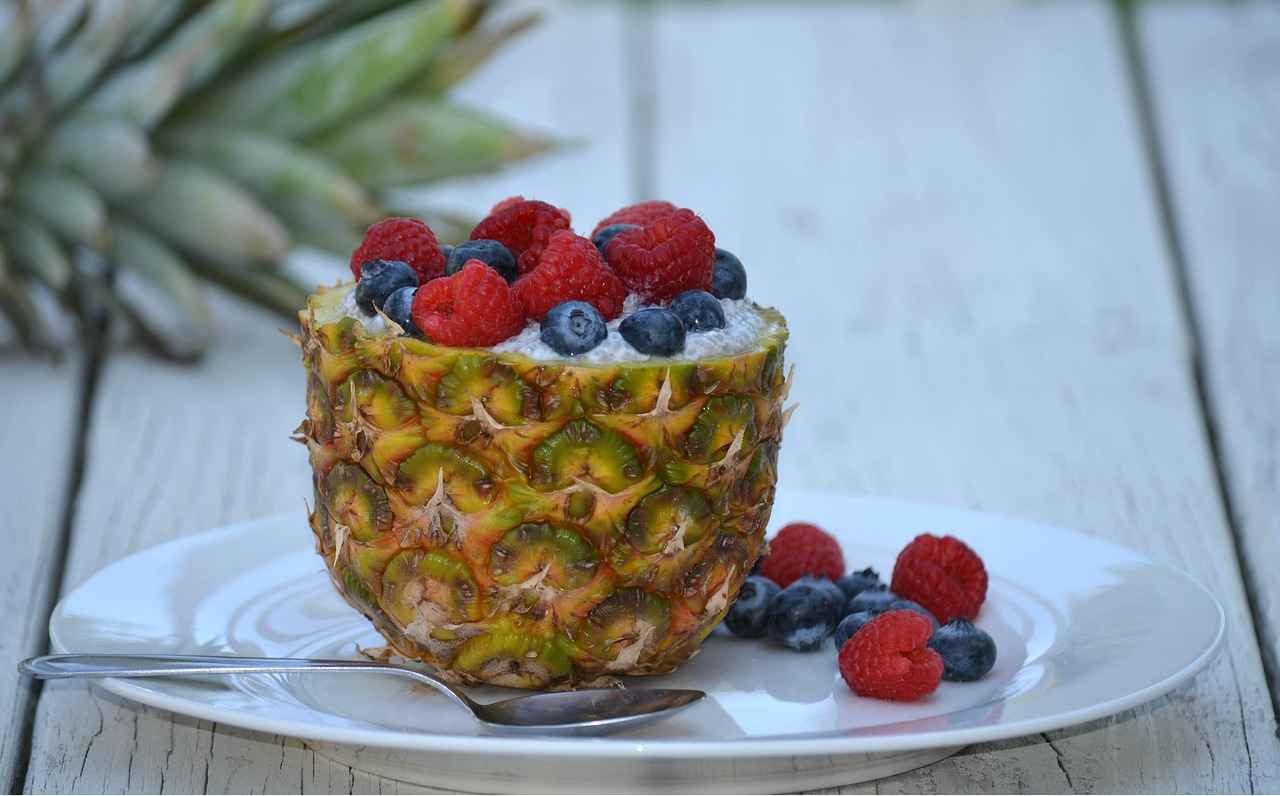
How to Incorporate Chia Seeds and Oats into Your Diet?
When it comes to enhancing your diet with nutrient-dense foods, few combinations are as powerful as chia seeds and oats. These two superfoods not only complement each other in flavor and texture but also offer a wealth of health benefits. In this section, we will explore various ways to seamlessly incorporate chia seeds and oats into your meals, ensuring you can enjoy their advantages every day.
Both chia seeds and oats are rich in fiber, protein, and healthy fats, making them an excellent choice for anyone looking to improve their overall health. The combination of these ingredients can help to keep you feeling full for longer, stabilize blood sugar levels, and provide essential nutrients that support heart health.
- Overnight Oats: Combine rolled oats, chia seeds, your choice of milk, and sweeteners like honey or maple syrup in a jar. Let it sit overnight in the fridge for a quick and nutritious breakfast.
- Chia Seed Pudding: Mix chia seeds with milk or yogurt and let it thicken overnight. Top it with fruits, nuts, or granola for a delightful morning treat.
- Smoothies: Blend oats and chia seeds into your favorite smoothie for added texture and nutrition. They can help thicken the smoothie while providing a burst of energy.
Incorporating chia seeds and oats into your snacks can be a game-changer. Here are some ideas:
- Energy Bars: Create homemade energy bars by mixing oats, chia seeds, nut butter, and dried fruits. These bars are perfect for a quick snack on the go.
- Baked Goods: Add chia seeds and oats to muffins, cookies, or pancakes for an extra nutritional boost. They can enhance both the texture and the health benefits of your favorite recipes.
Don’t limit chia seeds and oats to breakfast and snacks. Here are some ways to include them in your lunch and dinner:
- Salads: Sprinkle chia seeds over salads for added crunch and nutrition. They can also be mixed into dressings for a thickening effect.
- Soups and Stews: Add oats to soups and stews as a thickening agent. They can provide a hearty texture and increase the fiber content of your meals.
To maximize the benefits of chia seeds and oats, consider the following tips:
- Soak Chia Seeds: Soaking chia seeds before consumption can improve digestibility and nutrient absorption.
- Use Whole Oats: Opt for whole oats rather than instant varieties to ensure you are getting the most nutrients.
- Balance Your Meals: Incorporate a variety of fruits, vegetables, and proteins alongside chia seeds and oats for a well-rounded diet.
By creatively incorporating chia seeds and oats into your meals, you can enjoy their numerous health benefits while keeping your diet diverse and flavorful. Whether you prefer sweet or savory dishes, this superfood combination can easily adapt to your culinary preferences, making healthy eating both enjoyable and satisfying.
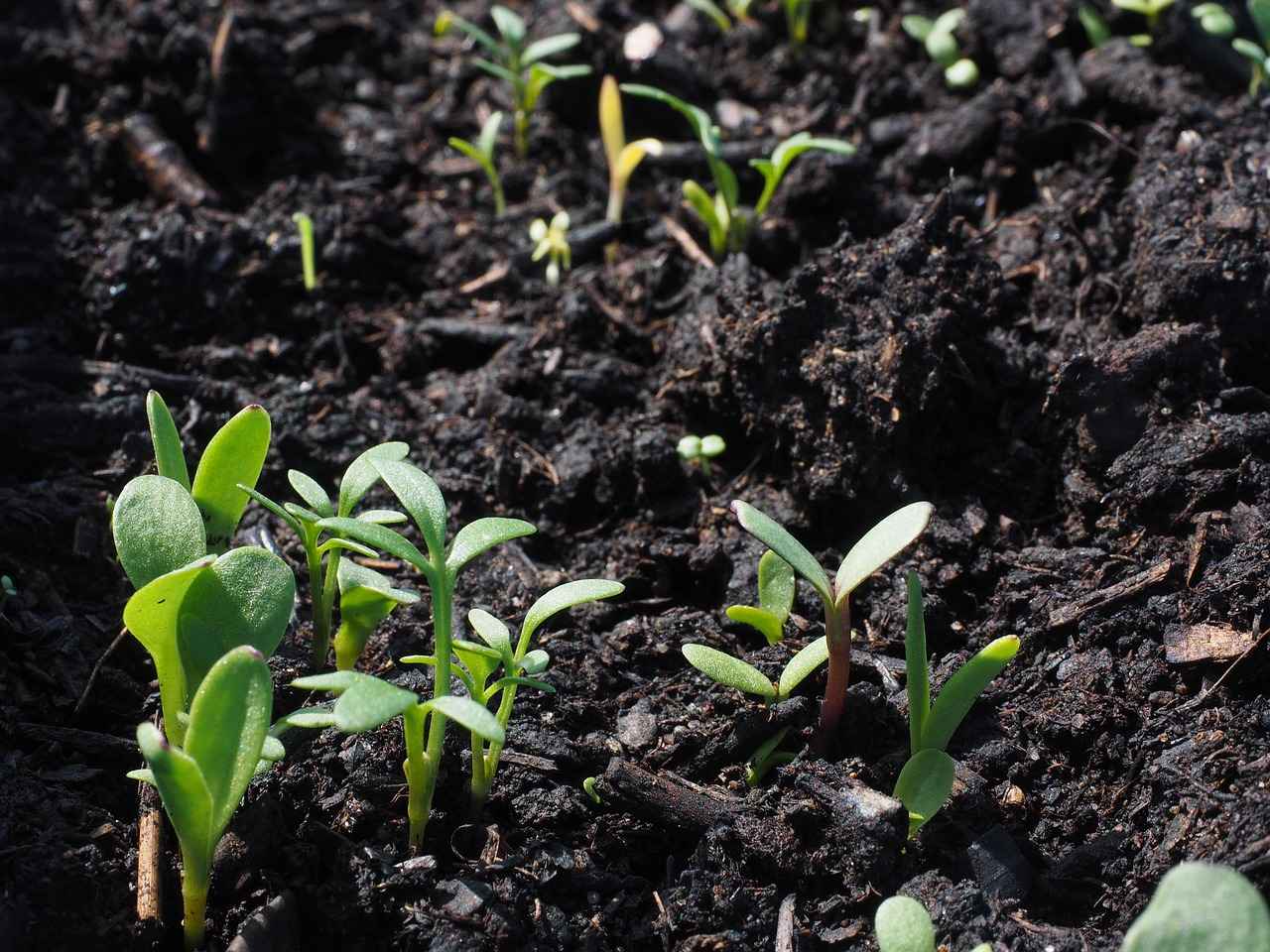
Are There Any Side Effects of Chia Seeds?
Chia seeds have gained immense popularity as a superfood due to their rich nutritional profile and numerous health benefits. However, like any food, they may come with potential side effects, especially when consumed in large quantities. Understanding these effects is crucial for anyone looking to incorporate chia seeds into their diet.
While chia seeds are generally safe for most individuals, consuming them in excess can lead to digestive discomfort. This is primarily due to their high fiber content. Chia seeds can absorb a significant amount of water—up to 12 times their weight—when they come into contact with liquids. This property can lead to gastrointestinal issues such as bloating, gas, and even constipation if not accompanied by adequate hydration.
To mitigate these potential side effects, it is essential to gradually increase your intake of chia seeds. Starting with a small amount, such as one tablespoon per day, allows your digestive system to adjust to the increased fiber. Additionally, drinking plenty of water throughout the day is crucial. This not only helps in the digestion of chia seeds but also ensures that your body can handle the fiber effectively.
- Start slow: Introduce chia seeds into your diet gradually.
- Stay hydrated: Drink plenty of water to aid digestion.
- Mix well: Incorporate chia seeds into smoothies or yogurts to enhance their digestibility.
Another potential concern with chia seeds is their effect on blood sugar levels. While they are known to help regulate blood sugar due to their fiber content, consuming them in large amounts without balancing them with other foods can lead to fluctuations in blood sugar. This is particularly important for individuals with diabetes or those monitoring their blood sugar levels.
Moreover, chia seeds contain a compound called alpha-linolenic acid (ALA), which is a type of omega-3 fatty acid. While this is generally beneficial, excessive consumption can lead to an imbalance of fatty acids in the body. It’s advisable to maintain a balanced diet that includes a variety of sources of omega-3s.
For individuals with allergies, it’s important to note that while rare, some may experience allergic reactions to chia seeds. Symptoms can include itching, rash, or difficulty breathing. If you suspect an allergy, it’s best to discontinue use and consult a healthcare professional.
In summary, chia seeds can be a healthy addition to your diet when consumed in moderation. By understanding their properties and potential side effects, you can enjoy the numerous benefits they offer without discomfort. Always listen to your body and consult with a healthcare provider if you have any concerns about incorporating chia seeds into your meals.
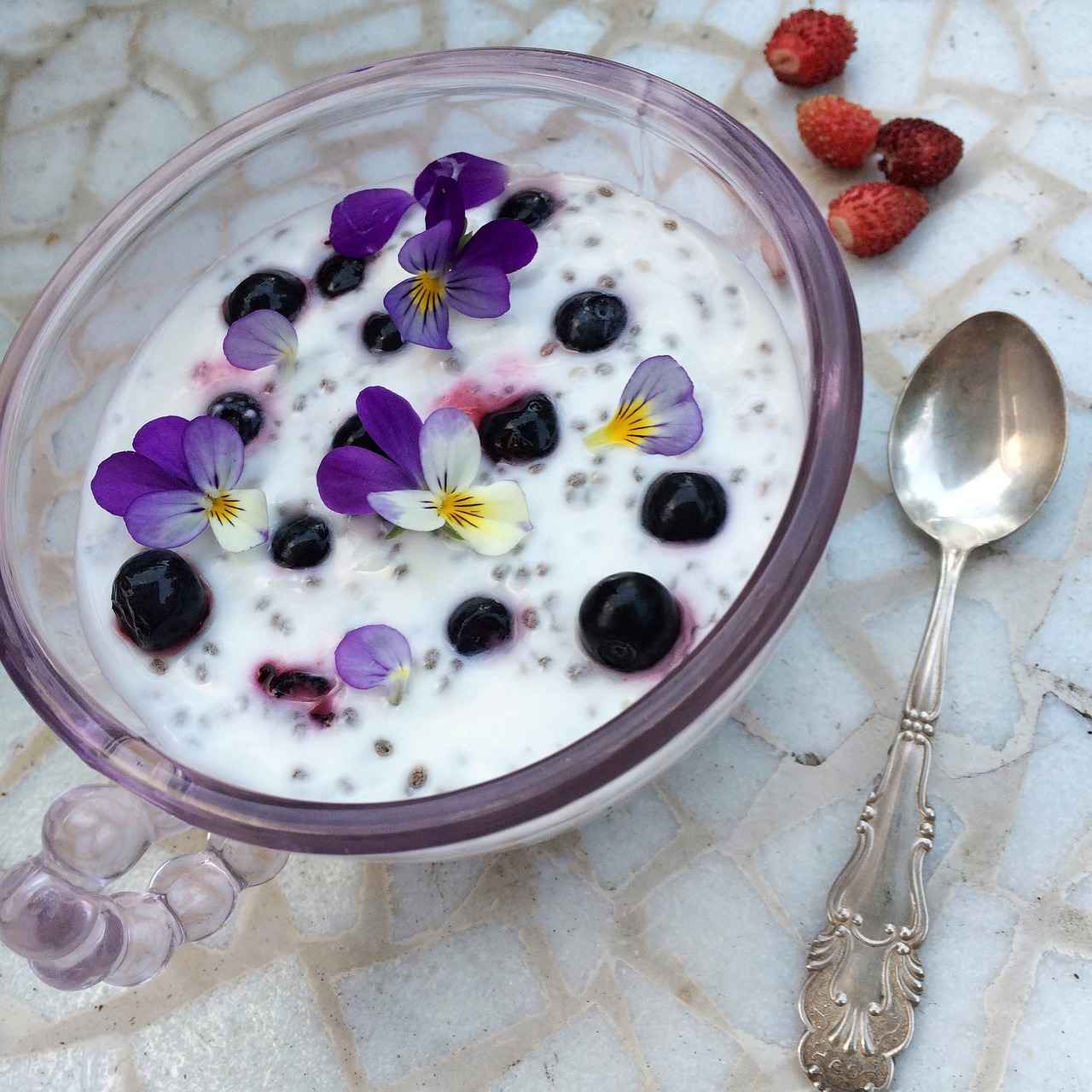
Are There Any Side Effects of Oats?
Oats are a popular and nutritious whole grain, known for their numerous health benefits. However, while they are generally well-tolerated by most people, there are some important considerations regarding potential side effects. Understanding these can help you make informed dietary choices, particularly if you have specific health conditions.
For individuals with celiac disease or gluten intolerance, consuming oats can pose a challenge. Oats themselves do not contain gluten, but they are often processed in facilities that handle gluten-containing grains. This cross-contamination can lead to adverse reactions in sensitive individuals. Therefore, it is crucial to choose gluten-free oats that are certified to be free from gluten contamination.
Some individuals may also experience an allergic reaction to oats, even if they do not have gluten sensitivity. This condition, known as oat allergy, can manifest through various symptoms, including:
- Skin reactions: Rashes, hives, or eczema.
- Gastrointestinal issues: Nausea, vomiting, or diarrhea.
- Respiratory problems: Nasal congestion or asthma-like symptoms.
If you suspect you have an oat allergy, it is essential to consult with a healthcare professional for proper diagnosis and management.
Another potential side effect of oats is digestive discomfort, particularly if consumed in large quantities. Oats are high in soluble fiber, which is beneficial for digestive health but can also lead to bloating, gas, or cramping if introduced too quickly into the diet. To minimize these effects:
- Start slowly: Gradually increase your oat intake to allow your digestive system to adjust.
- Stay hydrated: Drink plenty of water to help fiber move through your digestive tract.
Oats can also interact with certain medications. For example, their high fiber content may affect the absorption of some medications, particularly those taken for diabetes or cholesterol management. It is advisable to consult with a healthcare provider if you are on medication and wish to include oats in your diet.
While oats are a nutritious addition to most diets, it is essential to be aware of potential side effects, particularly for those with gluten sensitivity, allergies, or digestive issues. By choosing gluten-free oats and consuming them in moderation, you can enjoy the many health benefits they offer while minimizing any adverse effects.
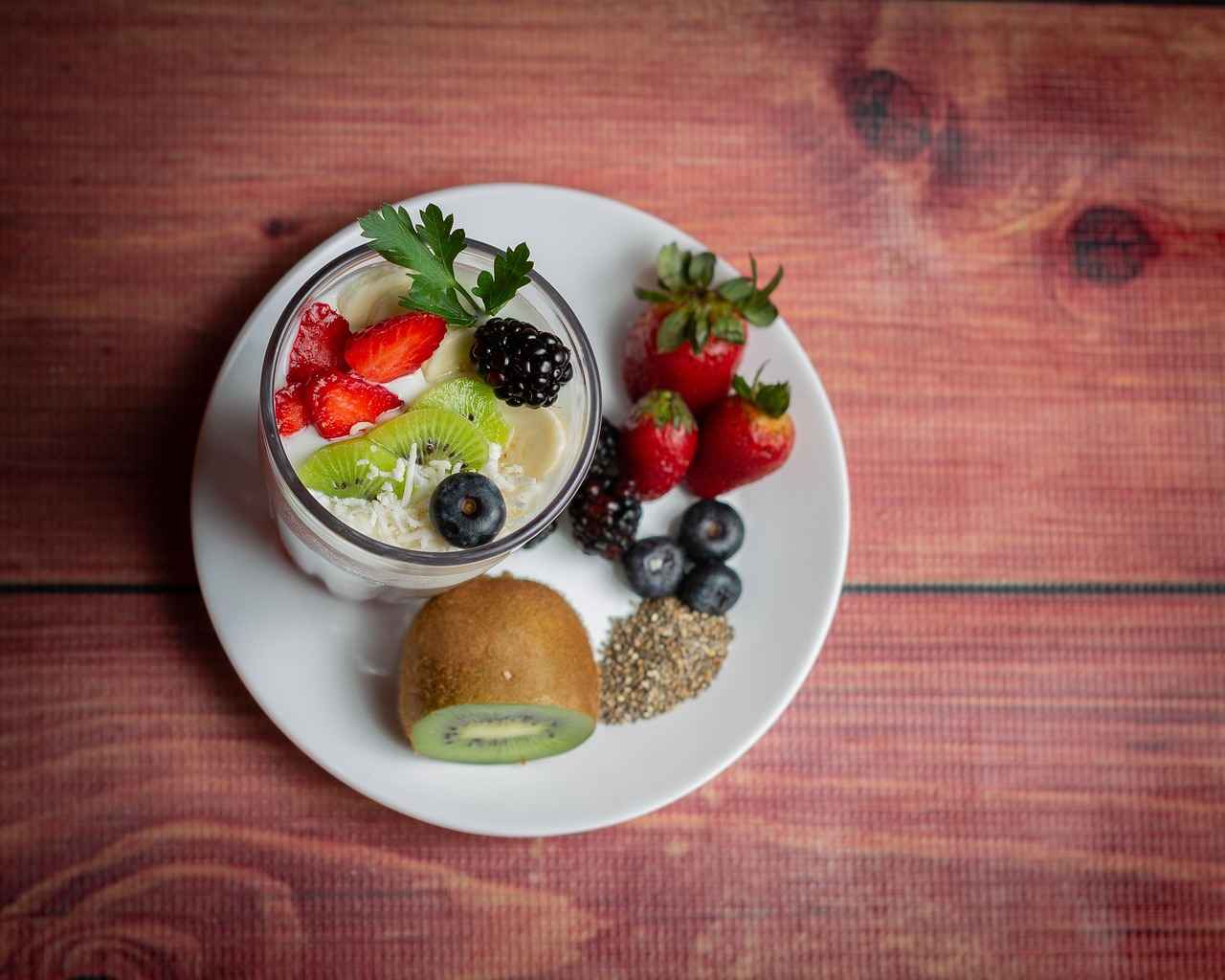
How to Make Chia Seed and Oat Pudding?
Chia seed and oat pudding is not only a delicious breakfast option but also a nutritious way to kickstart your day. This recipe combines the health benefits of chia seeds and oats, creating a meal that is easy to prepare and can be customized to suit your taste preferences. Below, we will explore the steps to create this delightful pudding, along with some tips and variations.
- 1/4 cup chia seeds
- 1/2 cup rolled oats
- 1 cup milk or plant-based alternative (such as almond milk, coconut milk, or soy milk)
- 1 tablespoon sweetener (such as honey, maple syrup, or agave syrup)
- 1/2 teaspoon vanilla extract (optional)
- Toppings: fresh fruits, nuts, seeds, or granola
- Mix the Base: In a mixing bowl, combine the chia seeds, rolled oats, and your choice of milk. Stir well to ensure that the chia seeds are evenly distributed.
- Add Sweetness: Incorporate your chosen sweetener and vanilla extract, mixing thoroughly to combine all ingredients.
- Let It Sit: Cover the bowl and refrigerate for at least 2 hours, or ideally overnight. This allows the chia seeds to absorb the liquid and expand, creating a pudding-like consistency.
- Serve and Enjoy: Once the pudding has set, give it a good stir. Serve it in bowls or jars, adding your favorite toppings such as sliced bananas, berries, nuts, or a sprinkle of cinnamon.
- Adjust the Consistency: If you prefer a thicker pudding, add more chia seeds. For a thinner consistency, increase the amount of milk.
- Flavor Variations: Experiment with different flavors by adding cocoa powder, matcha, or spices like cinnamon and nutmeg.
- Meal Prep: This pudding can be made in batches and stored in the refrigerator for up to 5 days, making it a convenient option for busy mornings.
This pudding is not only nutrient-dense but also provides a balanced meal that can keep you full throughout the morning. Chia seeds are an excellent source of omega-3 fatty acids, while oats are rich in soluble fiber, which can help lower cholesterol and improve heart health. Together, they create a powerhouse of nutrients that can support overall well-being.
Chia seed and oat pudding is a versatile and healthy breakfast option that can be tailored to your taste. With simple ingredients and easy preparation, it’s an excellent way to incorporate these superfoods into your diet. Try this recipe today and enjoy a satisfying start to your day!

What Recipes Feature Chia Seeds and Oats?
Chia seeds and oats are two of the most versatile ingredients in the culinary world, celebrated for their health benefits and ability to enhance various recipes. Their unique textures and flavors make them ideal for an array of dishes, from breakfast to snacks. Below are some delightful recipes that showcase the incredible combination of chia seeds and oats.
One of the simplest ways to enjoy these superfoods is by making overnight oats. This recipe is perfect for busy mornings:
- Ingredients: 1/2 cup rolled oats, 1 tablespoon chia seeds, 1 cup almond milk, honey or maple syrup to taste, and your favorite fruits.
- Instructions: In a jar, combine the oats, chia seeds, and almond milk. Sweeten with honey or maple syrup. Stir well and refrigerate overnight. In the morning, top with fresh fruits like berries or bananas.
For a refreshing drink, try a chia seed and oat smoothie. This smoothie is packed with nutrients and can be a great post-workout option:
- Ingredients: 1 banana, 1/2 cup rolled oats, 1 tablespoon chia seeds, 1 cup spinach, 1 cup almond milk, and ice cubes.
- Instructions: Blend all the ingredients until smooth. Adjust the thickness by adding more almond milk if needed. Enjoy chilled!
Energy bars are a fantastic snack that can keep you fueled throughout the day. Here’s how to make chia and oat energy bars:
- Ingredients: 1 cup rolled oats, 1/2 cup almond butter, 1/4 cup honey, 1/4 cup chia seeds, and a pinch of salt.
- Instructions: Preheat your oven to 350°F (175°C). In a bowl, mix all the ingredients until well combined. Press the mixture into a lined baking dish and bake for 15-20 minutes. Allow to cool before cutting into bars.
Chia seed and oat pudding is another delightful option that can be enjoyed as a breakfast or a dessert:
- Ingredients: 1/4 cup chia seeds, 1/4 cup rolled oats, 1 cup coconut milk, and a sweetener of your choice.
- Instructions: Mix all ingredients in a bowl and let it sit for at least 30 minutes or overnight in the refrigerator. The chia seeds will expand, creating a thick pudding-like consistency.
For a special weekend breakfast, try making chia and oat pancakes. They are fluffy and delicious:
- Ingredients: 1 cup rolled oats, 1 tablespoon chia seeds, 1 cup milk, 1 egg, 1 teaspoon baking powder, and a pinch of salt.
- Instructions: Blend the oats into a flour-like consistency. In a bowl, mix the oat flour, chia seeds, baking powder, and salt. Add the milk and egg, mixing until smooth. Cook on a skillet over medium heat until golden brown on both sides.
These recipes not only highlight the versatility of chia seeds and oats but also emphasize their health benefits. Incorporating them into your diet can be both delicious and nutritious, making it easier to achieve your health goals.
Frequently Asked Questions
- Can I eat chia seeds and oats every day?
Absolutely! Incorporating chia seeds and oats into your daily diet can provide numerous health benefits. Just remember to start with small amounts and listen to your body.
- How do I prepare chia seeds for consumption?
To prepare chia seeds, simply soak them in water or your favorite milk for about 15-30 minutes until they swell and form a gel-like consistency. This makes them easier to digest and adds a fun texture to your meals!
- Are chia seeds safe for children?
Yes, chia seeds can be a healthy addition to children’s diets. Just ensure they are ground or soaked to prevent choking hazards, and start with small amounts to see how they react.
- Can I use instant oats with chia seeds?
Definitely! Instant oats work just as well as rolled or steel-cut oats when combined with chia seeds. Just keep in mind that the texture and cooking time may vary slightly.
- What’s the best way to store chia seeds and oats?
Store both chia seeds and oats in a cool, dry place, preferably in airtight containers. This helps maintain their freshness and nutritional benefits for a longer time!
